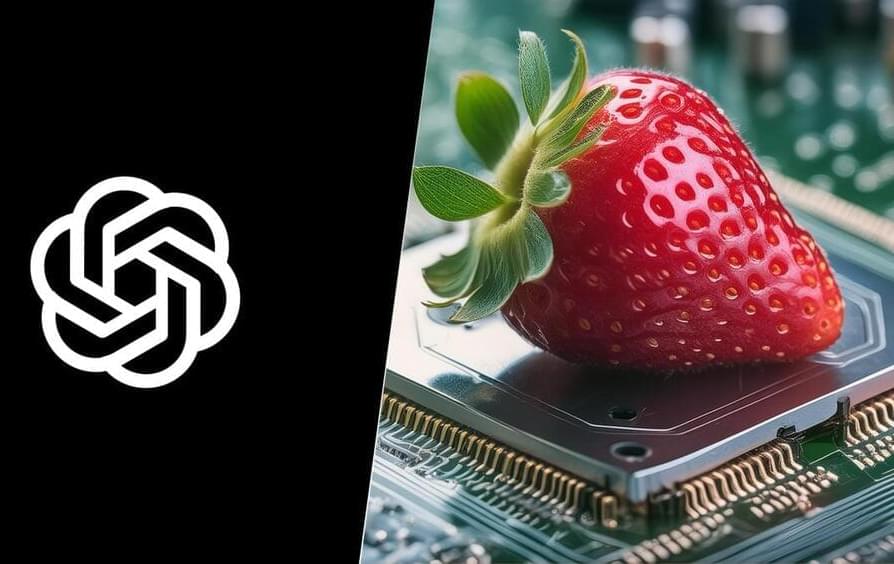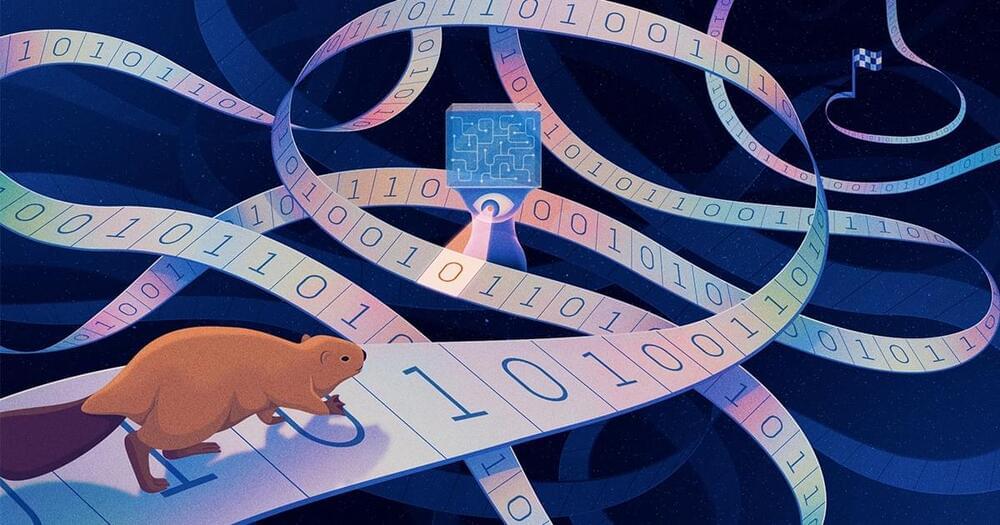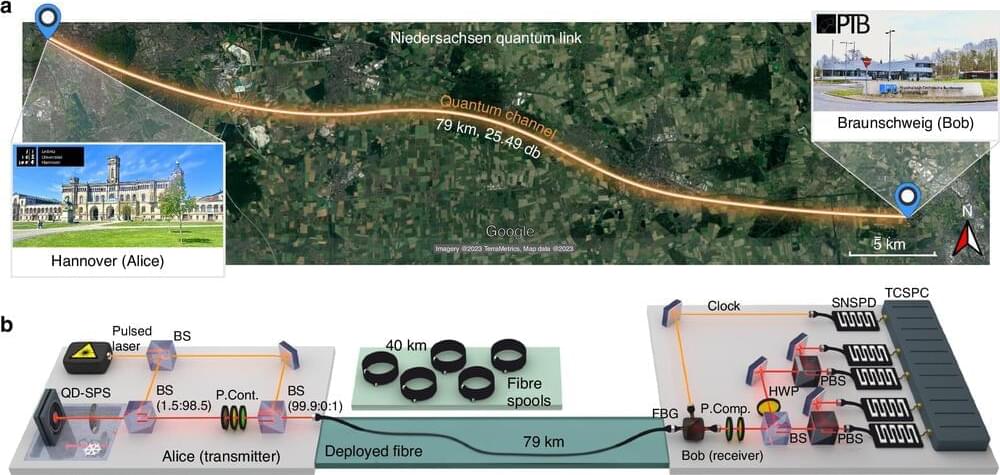“Compared with other traditional methods, the proposed has lower computational complexity, faster operation speed, weak influence of light, and strong ability to locate dirt,” the research group said. “The improved path planning algorithm used in this study greatly improves the efficiency of UAV inspection, saves time and resources, reduces operation and maintenance costs, and improves the corresponding operation and maintenance level of photovoltaic power generation.”
The novel approach uses mathematical morphologies for image processing, such as image enhancement, sharpening, filtering, and closing operations. It also uses image histogram equalization and edge detection, among other methods, to find the dusted spot. For path optimization, it uses an improved version of the A (A-star) algorithm.








